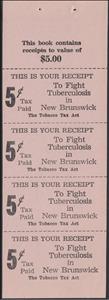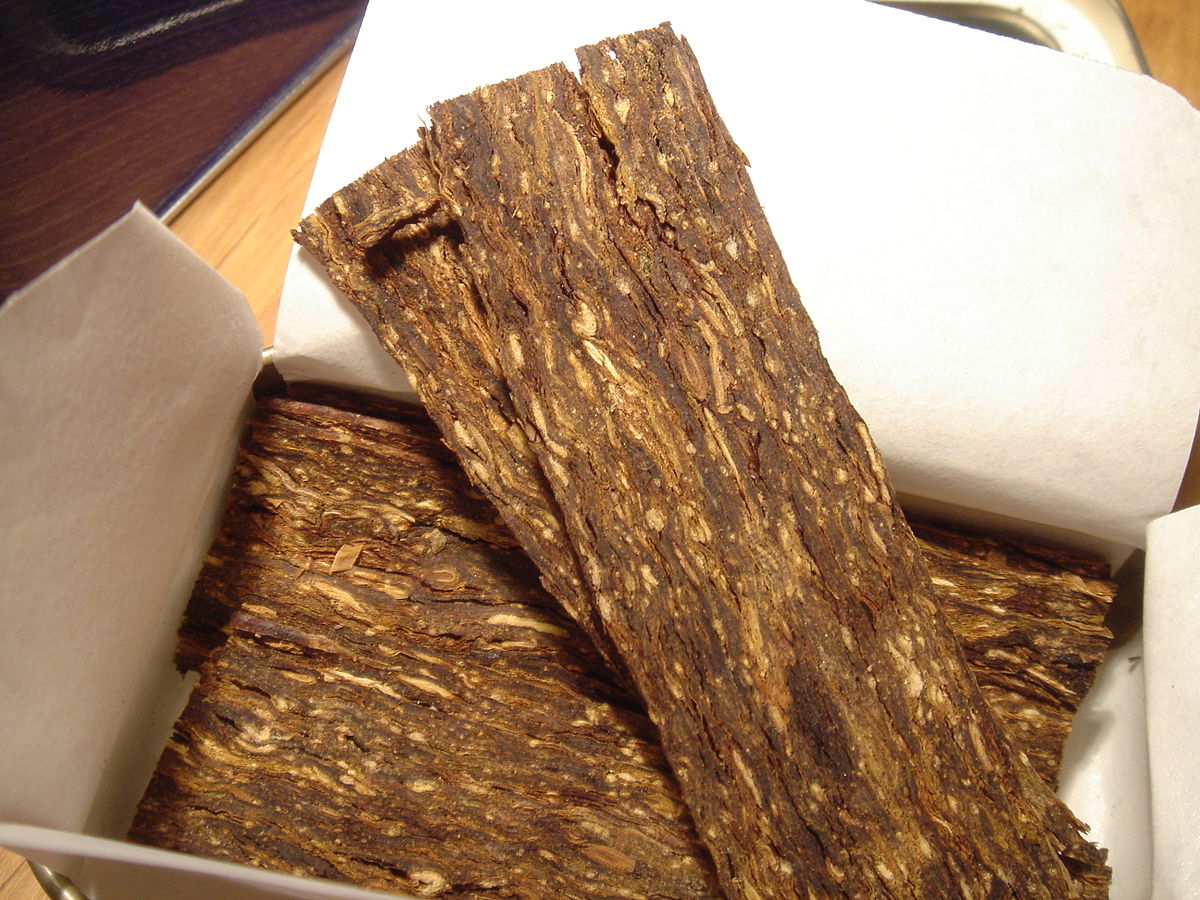Booklet Pane: Numeral at left (New Brunswick 1940)
Numeral at left (New Brunswick 1940)
01 January (New Brunswick ) within release Tobacco Tax goes into circulation Booklet Pane Numeral at left face value 4*5 Canadian cent
Booklet Pane is square format.
Also in the issue Tobacco Tax:
- Stamp - Numeral and Cross of Lorraine face value 1;
- Stamp - Numeral and Cross of Lorraine face value 1;
- Booklet Pane - Numeral and Cross of Lorraine face value 4*1;
- Booklet Pane - Numeral and Cross of Lorraine face value 4*1;
- Booklet Pane - Numeral and Cross of Lorraine face value 4*1;
- Stamp - Numeral and Cross of Lorraine face value 2;
- Stamp - Numeral and Cross of Lorraine face value 2;
- Booklet Pane - Numeral and Cross of Lorraine face value 4*2;
- Booklet Pane - Numeral and Cross of Lorraine face value 4*2;
- Booklet Pane - Numeral and Cross of Lorraine face value 4*2;
- Booklet Pane - Numeral and Cross of Lorraine face value 4*2;
- Stamp - Numeral and Cross of Lorraine face value 3;
- Booklet Pane - Numeral and Cross of Lorraine face value 4*3;
- Booklet Pane - Numeral and Cross of Lorraine face value 4*3;
- Stamp - Numeral and Cross of Lorraine face value 5;
- Booklet Pane - Numeral and Cross of Lorraine face value 4*5;
- Stamp - Numeral at left face value 1;
- Booklet Pane - Numeral at left face value 4*1;
- Booklet Pane - Numeral at left face value 8*1;
- Stamp - Numeral at left face value 2*1;
- Stamp - Numeral at left face value 2;
- Booklet Pane - Numeral at left face value 4*2;
- Stamp - Numeral at left face value 3;
- Booklet Pane - Numeral at left face value 4*3;
- Stamp - Numeral at left face value 5;
- Booklet Pane - Numeral at left face value 4*5;
- Stamp - Numeral at right face value 1;
- Booklet Pane - Numeral at right face value 4*1;
- Stamp - Numeral at right face value 3;
- Booklet Pane - Numeral at right face value 4*3;
Booklet Pane Numeral at left it reflects the thematic directions:
A number is a mathematical object used to count, measure, and label. The most basic examples are the natural numbers 1, 2, 3, 4, and so forth. Numbers can be represented in language with number words. More universally, individual numbers can be represented by symbols, called numerals; for example, "5" is a numeral that represents the number five. As only a relatively small number of symbols can be memorized, basic numerals are commonly organized in a numeral system, which is an organized way to represent any number. The most common numeral system is the Hindu–Arabic numeral system, which allows for the representation of any non-negative integer using a combination of ten fundamental numeric symbols, called digits. In addition to their use in counting and measuring, numerals are often used for labels (as with telephone numbers), for ordering (as with serial numbers), and for codes (as with ISBNs). In common usage, a numeral is not clearly distinguished from the number that it represents.
Tobacco is the common name of several plants in the genus Nicotiana of the family Solanaceae, and the general term for any product prepared from the cured leaves of these plants. More than 70 species of tobacco are known, but the chief commercial crop is N. tabacum. The more potent variant N. rustica is also used in some countries.


